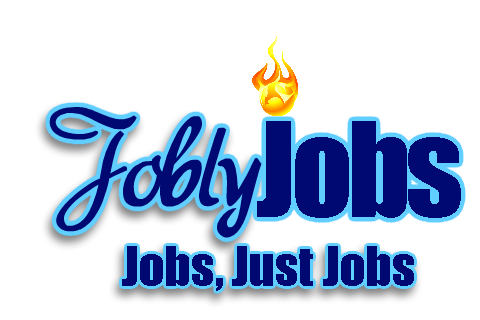What Makes a Resume Great? Science, and a Resume Expert, Has the Answer

As the old saying goes, you can’t win a race in the first lap, but you can definitely lose one. The same is true with résumés: Even the greatest résumé won’t, on its own, cause you to hire someone — but a relatively poor résumé will almost always get tossed into the “no” pile.
Fair or unfair, that’s the reality.
And also the problem, because whom you decide (and, just as important, don’t decide) to interview helps determine whom you hire — and as a result determines the skills, talent, and expertise of the people around you.
So if it all starts with a résumé, how do you define a “good” résumé? Or better yet, a “great” résumé?
Science can partly answer the question. In 2016, researchers at the University of Michigan conducted a study “systematically examining the impression management (IM) content of actual résumés and cover letters and empirically testing the effect on applicant evaluation.”
Or, in non-researcher-speak, tried to figure out what does and doesn’t work when it comes to crafting a résumé that lands a job interview.
In general terms, a little self-promotion (think a few superlatives like “excellent” and “outstanding”) is good; a lot is not. So is a little ingratiation (think “I would love to be a part of such an awesome team” or “I would love to contribute to such a worthwhile mission”); a lot is not. As with most things, moderation is key.
Helpful, but only to a point. While what a candidate has done is interesting, what you care about most is what the person you hire can do.
And to determine that, you also need a story.
According to Brian Brandt, a certified professional résumé writer who specializes in crafting résumés for people seeking finance, technology, logistics, biotech, and pharmaceutical positions, “A résumé should be built from the candidate’s journey, but pointed to his or her future. A résumé that scrolls the past is a document that elicits the wrong kinds of questions.” (More on that in a moment.) “The best résumés show the capacity to go where the candidate wants to go.”
Which, if you craft your job postings properly, will align with what you need the employee you hire to accomplish.
According to the University of Michigan research, what you ask for in a job posting is largely what you will get. Use lots of superlatives in your job postings, and most candidates will respond with lots of superlatives. Talk a lot about mission and purpose and culture, and you’ll get plenty of ingratiation.
The better approach? Imagine you’re looking for a person who has accomplished specific things; a great résumé — and great candidate — describes what the candidate has done, and tells a story that indicates their development and growth supports what you need them to actually do.
“The best résumés are never just reflections of accomplishments and achievements,” Brian says. “They’re well-curated documents that move the conversation to second- and third- interview turf.”
And that’s where the “questions” issue comes into play. Some résumés spark the wrong kinds of questions: “Does the candidate possess the right attributes?” “Does the candidate have the right experience?” “Does the candidate possess the work ethic, interpersonal skills, and cultural fit?” Those questions indicate doubt.
The right questions? “That’s amazing; how did she do that?” “That was an interesting career move; I wonder why he shifted to a different functional role?” “Most operations managers didn’t spend their college summers working on archaeology digs; I wonder how that all ties together?”
According to Brian, those are the kinds of stories a great résumé tells.
Because they answer the questions you most need answered — and will want to ask more about during job interviews. Whether the candidate’s actual accomplishments show they are capable of achieving what you need them to achieve. Whether the candidate displays values similar to those your organization embraces.
Whether the candidate displays the tangible and less tangible skills, attributes, and qualities you need most.
A great résumé provides the initial answers; job interviews provide the deeper, more substantive answers.
So what should you look for in a résumé? According to Brian, a great résumé tells a story that doesn’t make you ask whether the candidate might be able do the job.
A great résumé leaves you wanting to know not whether, but just how well, the candidate will do the job.
If you don’t find yourself wondering that … then it’s not a great résumé.



